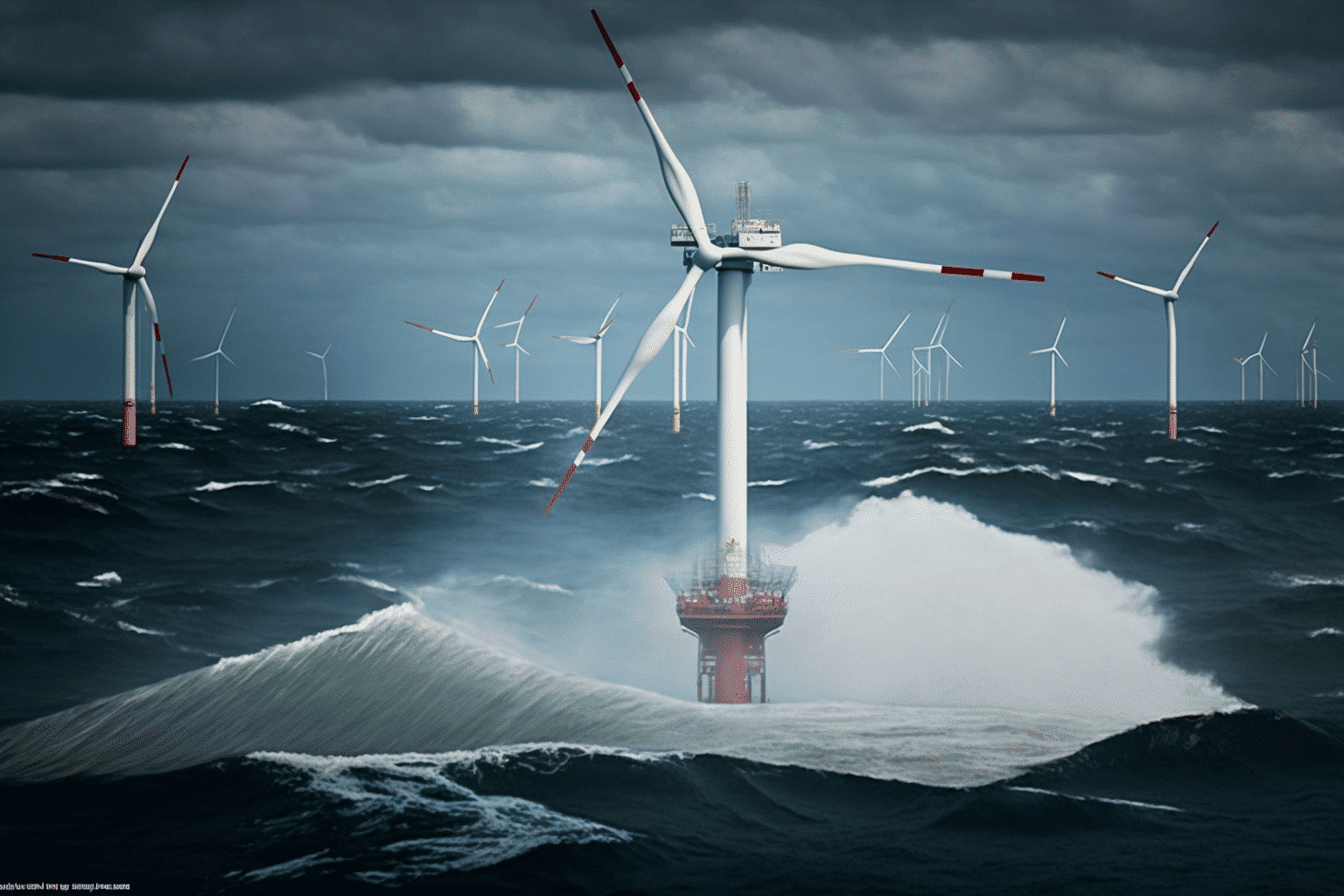Nine Western European leaders gathered in the Belgian North Sea port of Ostend to commit to producing more clean energy from wind turbines in the North Sea. Leaders from nine Western European countries, including Belgium, the Netherlands, Luxembourg, France, Germany, Britain, Ireland, Norway, and Denmark, attended the meeting.
The leaders pledged to meet climate targets and reduce energy dependence on Russia by boosting green energy production and moving toward greater strategic independence.
Improving Security Around the Underwater Electricity Grid
One of the major concerns for the leaders is the security around the underwater electricity grid, which is vulnerable to hybrid threats that have increased since the Russian invasion of Ukraine last year. As a result, the leaders aim to improve security measures to prevent the grid from falling victim to hybrid threats.
The summit discussed ways to increase security around offshore wind farms and the underwater cable system to bring energy to shore.
New Projects to Boost Green Energy Production
During the meeting, several new projects were announced to boost green energy production. The Netherlands, Britain, Norway, and the European Union announced new projects to meet their respective energy needs while reducing their reliance on fossil fuels.
The projects will include the installation of more wind turbines in the North Sea to generate electricity, with the aim of meeting the EU’s target of having 42.5% of total energy consumption come from renewables by 2030 and becoming a climate-neutral bloc by 2050.
Reacting Effectively to Growing Traditional and Hybrid Threats
The leaders also addressed the need to increase their efforts to effectively respond to the growing traditional and hybrid threats.
The hybrid threats include cyberattacks, disinformation, and propaganda aimed at destabilizing the region. To counter these threats, the leaders agreed to work together to increase the security of critical infrastructure, including energy systems and communication networks.
The meeting of the nine Western European leaders aimed to address the pressing issues of climate change and energy security. The leaders committed to increasing green energy production and reducing their reliance on fossil fuels, with a particular focus on wind energy in the North Sea. They also recognized the need to address hybrid threats to their energy infrastructure and pledged to work together to increase security measures.
The meeting was an important step toward achieving a climate-neutral bloc by 2050, and the leaders expressed their commitment to continuing to work together to address these issues.




